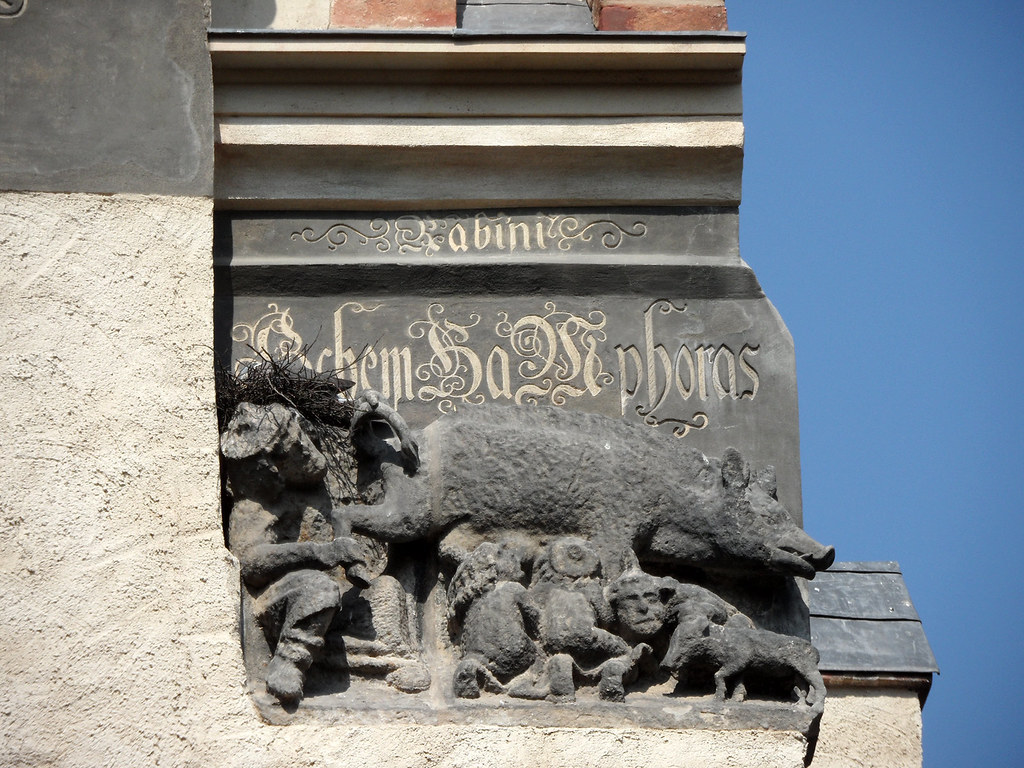 I certainly do not talk about religion much. I have explored a variety of faiths, have friends of all manner of religious practices and have come to the conclusion that I believe in some crazy combination of God and Fate which encompasses the likes of Mohammad, Buddha, Jehovah, and a number of other supernatural beings of which I do not understand. I attended Lutheran churches as a youth, was adopted into the Methodist religion during my marriage and now am left to again wander to try to find my place in my faith consciousness.
I certainly do not talk about religion much. I have explored a variety of faiths, have friends of all manner of religious practices and have come to the conclusion that I believe in some crazy combination of God and Fate which encompasses the likes of Mohammad, Buddha, Jehovah, and a number of other supernatural beings of which I do not understand. I attended Lutheran churches as a youth, was adopted into the Methodist religion during my marriage and now am left to again wander to try to find my place in my faith consciousness. Today, marking the 500th anniversary of Luther's 95 Thesis reformation beginning, has me thinking much more about what it means for me to be religious. I recently read a short book about the life of a different sort of pastor, Messy Spirituality. It recounts a man's journey to becoming a pastor despite having been an alcoholic, and never having completed seminary. His ch
urch consisted of religious rejects who could not find a place in the mainstay denominations. It most certainly has poked its points into my brain on many occasions since. I like the thought that religion does not have to be so well defined. No matter which religion studied, changes have been dramatic, which leads me to believe there is no proper definition of any religion.
I understand why people choose the form of worship they do; everyone wants to feel comforted and comfortable. It is natural to question the faith you were brought up in and eventually find what works for you and your family, whether that is following that faith or giving up on it. I don't blame people for losing faith. Life sucks. If you really stop and think about the nitty gritty, there's a lot of terrible shit that we have to wade through. But like most everything, I believe there is a reason and those magical moments happen that erases that negativity from thought. Erases the negativity, but doesn't erase the entirety of the thought. I can remember the bad, but fortunately, I am able to shed the intensity of the bad to concentrate on the good. This is partly how I can be more happy and positive than not.
Which brings me to the point of this post, which (taking a left turn) is how do we reconcile the different viewpoints of Martin Luther? Here is a man who has created the foundation of how I view religion, which I take to mean (simplified version) trying to follow the kindness and caring teaches of Jesus Christ and loving more than not. So with the recent vilification of a number of historical figures, how do we celebrate someone such as Luther? Is it enough to say his good works proved more substantial than his short-sighted, horrific views? Do we not talk about the evil he conjured? Or can we try to learn what was happening at the time, realize that times are different now, work our hardest to comprehend that someone can create beauty and hatred at the same time and decide to grow from their limitations to change how history looks at our time? I don't have much faith in people, so I very much doubt the latter, but it is what I wish for.
 |
| Wittenberg Judensau |
Peace.





